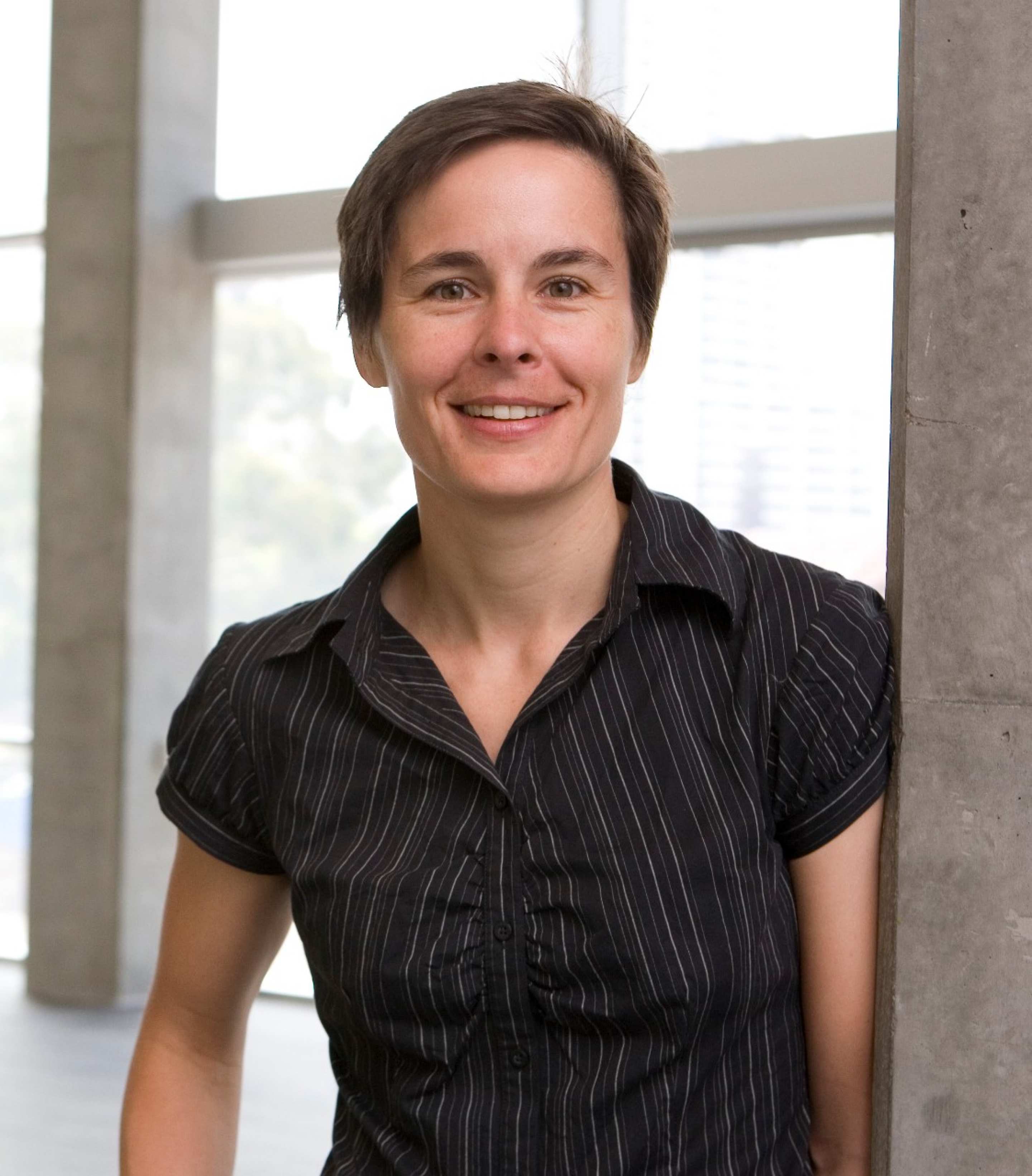The generous gift supports collaborative, multi-disciplinary research underway in the University of Sydney's Digital Sciences Initiative.
The founders of global tech company Appen, Julia and Chris Vonwiller, will fund a $1 million acceleration of the University's Digital Sciences Initiative (DSI).
The gift will support renowned researcher Professor Gemma Figtree's collaboration with the DSI in her quest to achieve the 'holy grail' of cardiac disease research - the discovery of blood-based biomarkers that indicate the earliest signs of heart disease.
Coronary heart disease is the leading cause of death worldwide, killing an estimated 7.2 million people each year. In Australia, it is also the leading cause of disease burden as well as death, affecting more than 580,000 people in 2017-18.

Professor Gemma Figtree
"We have long known that smoking, high cholesterol, diabetes and hypertension are risk factors for heart disease, but many people develop a silent build-up of plaque in their arteries and suffer subsequent heart attack without any of these risk factors," Professor Figtree said.
As part of the project, Professor Figtree and her team will apply complex algorithms to clinical and state-of-the-art 'omic' data to unravel novel biomarkers of heart disease in its early phases.
"As part of our study, we will analyse blood samples of individuals who have advanced imaging of their coronary arteries and characterisation of their coronary plaque burden. We will use advanced technology platforms to measure hundreds of thousands of small molecules in the blood, including, RNA, protein and metabolites, as well as genomic variations. With the help of machine learning, we will then be able to train our systems to discover novel signatures of coronary plaque."
"This will allow us to develop new methods for early diagnosis. Our vision is for a simple blood test that your GP could order on a regular basis to detect the earliest phases of coronary heart disease, many years before a heart attack. If positive, your GP could prescribe life-saving drugs that stabilise the plaque, and prevent plaque progression and heart attack."
The gift will allow for the recruitment of two postdoctoral fellows and a support team as part of the Universitys Digital Sciences Initiative, which was launched last year.
Project lead on this work, Professor Jinman Kim from the Faculty of Engineering, said it was an excellent example of leveraging artificial intelligence and machine learning in health research to open new avenues for disease prevention.
"Advances in artificial intelligence by researchers in the Faculty of Engineering allow us to sift through very large and complex data collections, such as the ones collected by the team of Professor Gemma Figtree, and discover patterns that would elude researchers who use manual processes. The discovery of such patterns will lead to new advances in the prevention and treatment of cardiac diseases."
Dean of the Faculty of Engineering, Professor Willy Zwaenepoel, said: "We are thrilled that AI pioneers Julia and Chris Vonwiller have chosen to support the Digital Sciences Initiative in our mission to leverage digital methods to make advances in all walks of life."
The Vonwillers co-founded Appen in 1996 from their spare room in Sydney's north shore. Dr Julia Vonwiller is a respected linguist and former University of Sydney researcher, and Mr Chris Vonwiller is an engineer, respected business leader and a University of Sydney alumnus. Both received honorary doctorates from the University in 2021 for their pioneering work that revolutionised technological frameworks worldwide.
Appen uses data in the form of text, speech, audio and video to build and improve the world's most advanced artificial intelligence systems.
Appen's innovative approach to business operations has made it a supplier to many of the world's largest tech entities. Customers use machine learning for a variety of uses such as automatic speech recognition and improving customer service capabilities with tools like chatbots and virtual assistants.
The company's reach is significant, using a global team of over one million skilled contractors who speak more than 235 languages and dialects across 170 countries.
Through a series of gifts to the University, the Vonwiller Foundation has previously funded a post-doctoral research fellow to join its STEM Teacher Enrichment Academy. The Vonwillers have also improved the lives of students through scholarships and education initiatives, including sponsoring the University's Humanitarian Innovation Hackathon.
Having been involved in Gemma's research in previous years, Julia and I were impressed with the potential to combine this with the engineering talents in the Digital Sciences Initiative. A collaborative and multi-disciplinary approach has the potential to advance the project significantly.






